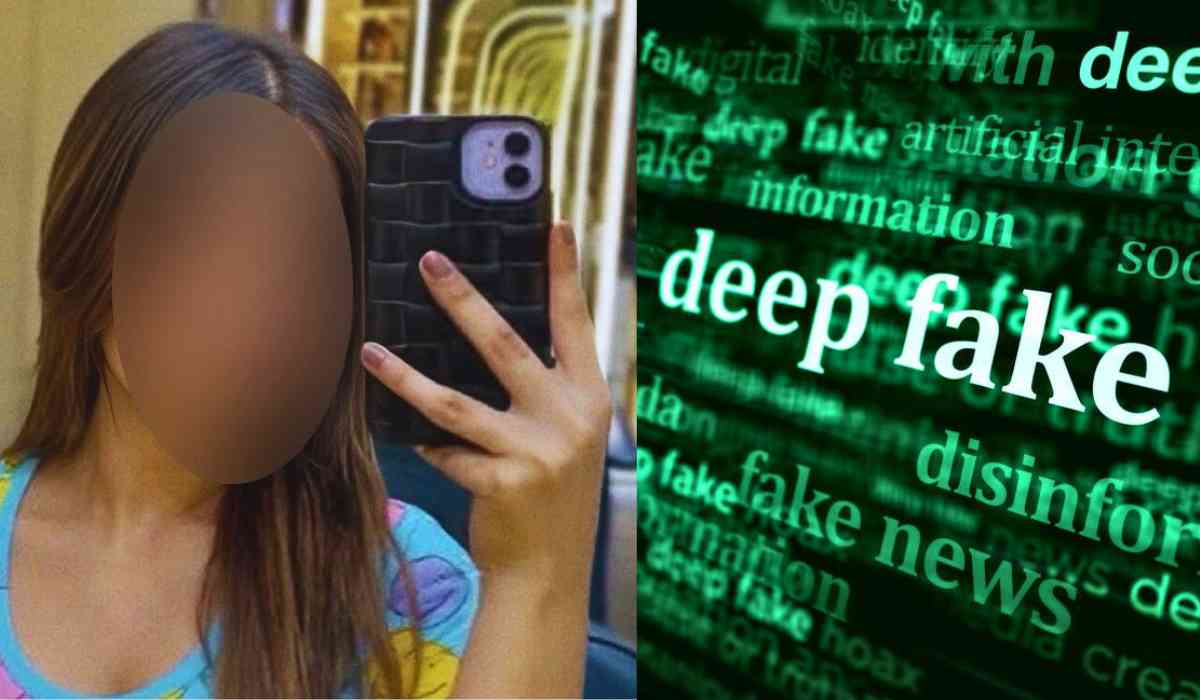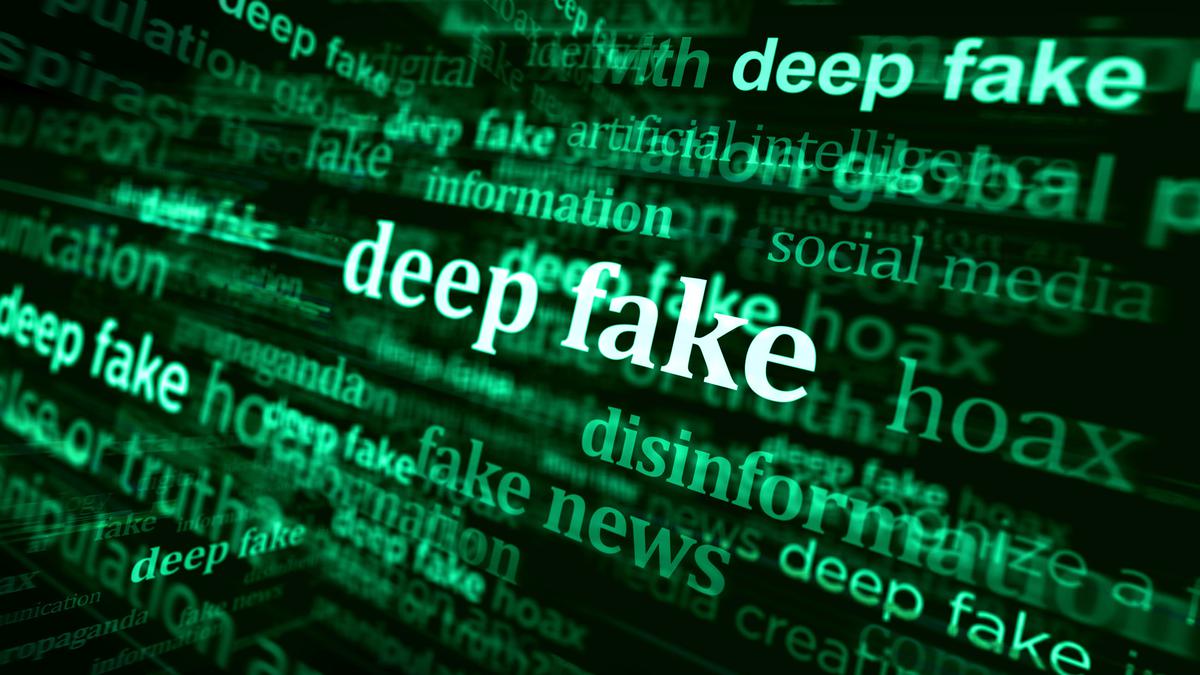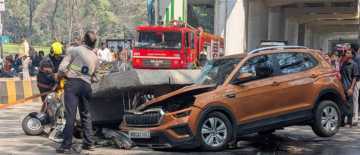An Indian woman’s digital identity was stolen and used to create fake, erotic images and videos using artificial intelligence (AI). This shocking incident has made many people worried about how safely personal pictures and information are kept online. It also shows how digital privacy risks are growing for everyone, from kids to adults, as new technology spreads.
_1753259881.jpg)
The Case: What Happened?
A young woman from Assam, in Northeast India, became the centre of a deepfake scandal. Without her knowledge, her ex-boyfriend reportedly took one of her pictures and used AI to make fake but very real-looking images and videos of her. These videos and images showed her in inappropriate and embarrassing situations she was never actually in. The fake content was uploaded to social media and adult websites, where it quickly became popular, and many people thought she was really in the videos.
The person behind these fakes even created a fake online identity, pretending the woman had become an adult movie star. The deepfake images and videos were not only shared widely, but they were also sold online for money. The victim and her family learned about the situation only when friends started asking if she really was in those photos and videos.
How AI and Deepfakes Work
AI is a powerful technology that can help people do many good things. But it also has a dark side. Deepfakes are fake images or videos created using AI. These programs can mix up or copy someone’s face — sometimes using just one photo — and put it onto videos or other people’s bodies. The result looks so real that it’s hard to tell it’s fake.
What Makes Deepfakes So Dangerous?
-
Very Realistic: Deepfakes can fool almost anyone, including friends, family, and strangers.
-
Fast Spread: Social media and video sites can make deepfakes go viral in hours.
-
Hard to Prove False: It is often very difficult to prove that these images or videos are fake.
-
Emotional Harm: Victims feel embarrassed, scared, and sometimes helpless.
-
Financial Crimes: Deepfakes have been used in scams, costing Indians over ₹20,000 crore in 2025 alone.
Laws and Protection in India
India has new rules for digital privacy called the Digital Personal Data Protection (DPDP) Act, 2025. This law tries to make sure that people’s personal data and images are kept safe and private. Some punishments under this law include fines of up to ₹250 crore for companies or people who misuse personal information.
But many experts and citizens feel that these laws need to cover AI and deepfakes more clearly, with fast action and stronger help for victims. Police in the Assam case acted quickly to arrest the accused, but for the victim, the damage to her life and mental health was already serious.
What Are People Saying?
Here’s what people think and suggest to make digital privacy better:
-
Education: More people, especially young ones, should learn about how to protect their online privacy, set strong passwords, and avoid sharing personal pictures openly.
-
Better Technology: Social media companies should use advanced tools to detect and block deepfakes before they spread.
-
Stricter Laws: There is a growing demand for laws that quickly punish people who create or share deepfakes without someone’s consent, and give strong support to victims.
-
Reporting Early: Victims are encouraged to report as soon as they spot fake content, so police and experts can act fast.
-
Respect for Consent: Everyone needs to understand that using someone’s picture or video without asking is wrong — both by law and by basic respect.
What Can You Do to Stay Safe?
-
Only share photos and personal details with people you trust.
-
Use privacy settings on social media to limit who sees your posts.
-
Learn how to spot fake images and videos (look for odd eye movements or lighting).
-
Tell an adult or a trusted person if someone uses your picture in a way that makes you feel bad.
-
Report fake or harmful content quickly to the website and to the police if needed.
Final Thoughts
The misuse of an Indian woman’s face for AI-generated erotic deepfakes is not just a crime against one person. It is a wake-up call for India and the whole world about how powerful — and dangerous — digital technology has become. While technology brings many good things, it also comes with new risks that everyone must understand and be prepared for. By creating strong laws, educating the public, and supporting victims, society can make the digital world a safer place for everyone.
With inputs from agencies
Image Source: Multiple agencies
© Copyright 2025. All Rights Reserved Powered by Vygr Media.





















